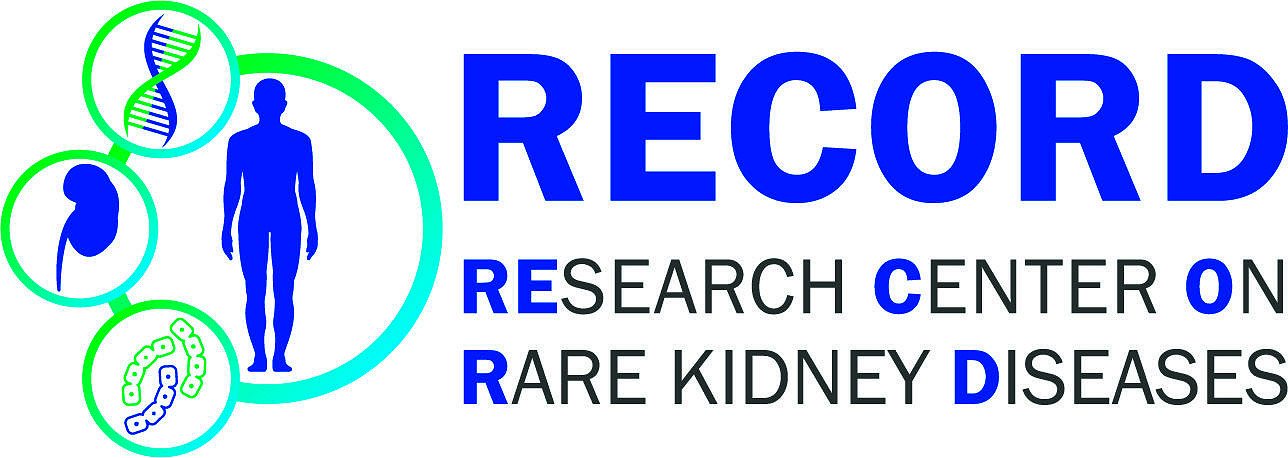Klinische Forschung muss ebenso gut geplant und professionell durchgeführt werden wie exzellente Krankenversorgung. Das bedeutet, dass Ärztinnen und Ärzte, die wissenschaftlich arbeiten wollen, zusätzliche Ausbildung und phasenweise Freistellungen von klinischen Verpflichtungen benötigen. Die Freistellungsphasen müssen dabei gut mit dem klinischen Curriculum verzahnt werden.
Wissenschaftlich interessierten Ärztinnen und Ärzten, die in der Regel im Rahmen einer qualifizierten Promotionsarbeit bereits erste Erfahrung in der Forschung gesammelt haben, bieten wir dazu eine strukturierte Heranführung an klinische und experimentelle Forschungsprogramme. Je nach Interessenlage und Vorerfahrung können diese Ausbildungswege individuell gestaltet werden.
Projekte 2022
Projekte 2021
| Projekttitel | Kollegiat |
| The role of podocytic and tubular β-catenin in proteinuric kidney disease | Tilman Jobst-Schwan |
| Single cell-based transcriptional profiling of primary and primary recurring FSGS biopsies | Sydney Gies |
| Molecular genetic causes of hereditary tubulointerstitial kidney diseases | Florian Wopperer |
| CaRE for LUTO | Alina Hilger |
| To model VHL-defective renal tubular lesions | Sebastian Uebel |
| Bag3 as potential mechanoprotector in podocytes | Ingo Plagmann |
Projekte 2020
